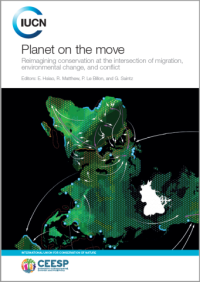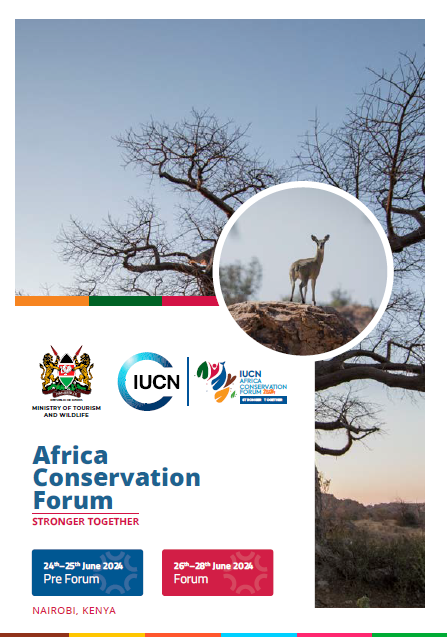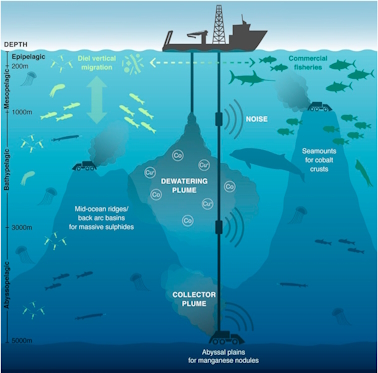The role of Indigenous peoples and local communities in effective and equitable conservation
A 2021 study led by members of CEESP's Theme on Human Wellbeing and Sustainable Livelihoods provides yet more evidence that conservation led by Indigenous Peoples and local communities, based around their own knowledge systems and stewardship, is the best strategy for people and nature.
Debates about averting a global ecological emergency often focus on how much land and sea to protect. A huge expansion of protected areas, to 30% by 2030, has been pledged ahead of negotiations of new global biodiversity targets in October 2020. But focusing on what or how much to conserve detracts from potentially more important debates about how conservation is done, by whom and with what outcomes.
Despite a long history of conservation and studies about it, successful conservation has been the exception rather than the rule, and there has, until recently, been a lack of clear evidence for what works and why. However, a new article published in the journal Ecology and Society reviews evidence from the growing number of interdisciplinary studies, which apply more joined-up thinking to conservation design, process and outcomes, and the analysis provides striking insights with far-reaching implications.




